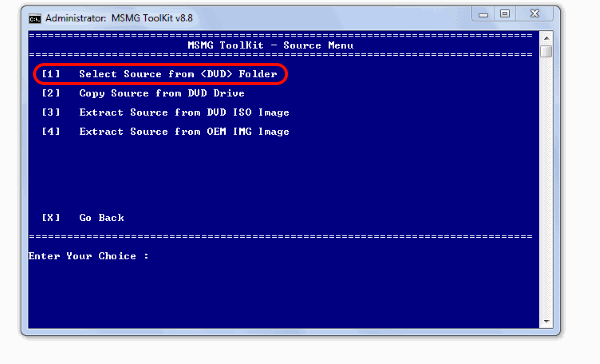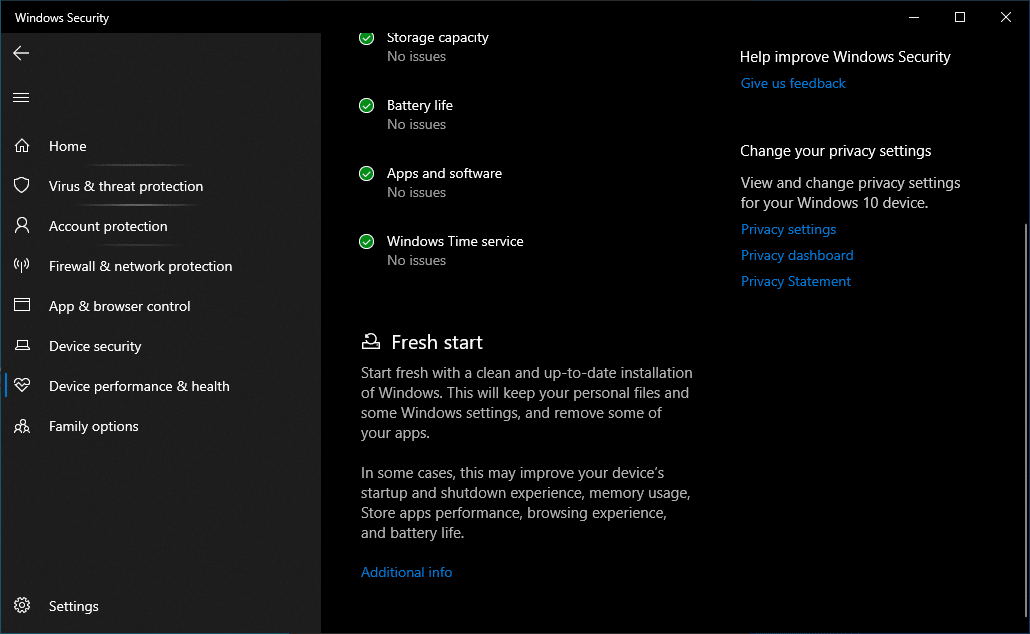
These machines come from a variety of top brands and contain little or no bloatware. Microsoft sells Signature Edition computers online and through MS stores. These companies charge more money for their computers, so they don’t need to gain extra revenue by placing adware or trialware on PCs. They include Velocity Micro, Apple, Maingear and Puget. Several high-end brands sell machines without it. You can choose to completely avoid bloatware in the first place. This approach allows you to get rid of needless applications without losing hardware drivers or desirable software. Consider using a sophisticated third-party tool, such as Revo or Ashampoo Uninstaller. However, it probably won’t fully eliminate unwanted files and registry entries. You may use the Windows uninstall function to accomplish this.

Many machines have license stickers you can refer to when the setup program asks for a key.Īnother option is to remove bloatware applications individually. Don’t use a disc supplied by the PC manufacturer it probably contains the same bloatware that was on the computer when you bought it. If you don’t use Windows 10, you can still reinstall the OS with a Microsoft installation disc. You’ll also need to back up and restore any files you’ve already saved. The only major downside is that you might need to reinstall some drivers after using it. Microsoft introduced this tool during May and added it to the upcoming Windows 10 Anniversary Update. No registry entries, useless files or broken links stay behind. The program works by downloading a standard edition of the operating system and using it to replace the existing copy.Īs a result, all manufacturer-supplied software completely disappears from the machine. Although some people find it ironic that a company responsible for so much inefficient software would offer such a tool, it proves quite effective.


Microsoft has introduced a new anti-bloatware utility for Windows 10. As a Tripwire security analyst recently said, “Bloatware needs to stop.” Fortunately, you can use several different techniques to banish it. “Bloatware” has become a popular nickname for these hard-to-remove programs. Some also slow down computers, reduce privacy, create security risks and waste hard disk space. They often distract users with unnecessary notifications. Most new desktop and notebook PCs come with annoying preinstalled toolbars, applications and utilities.


 0 kommentar(er)
0 kommentar(er)
